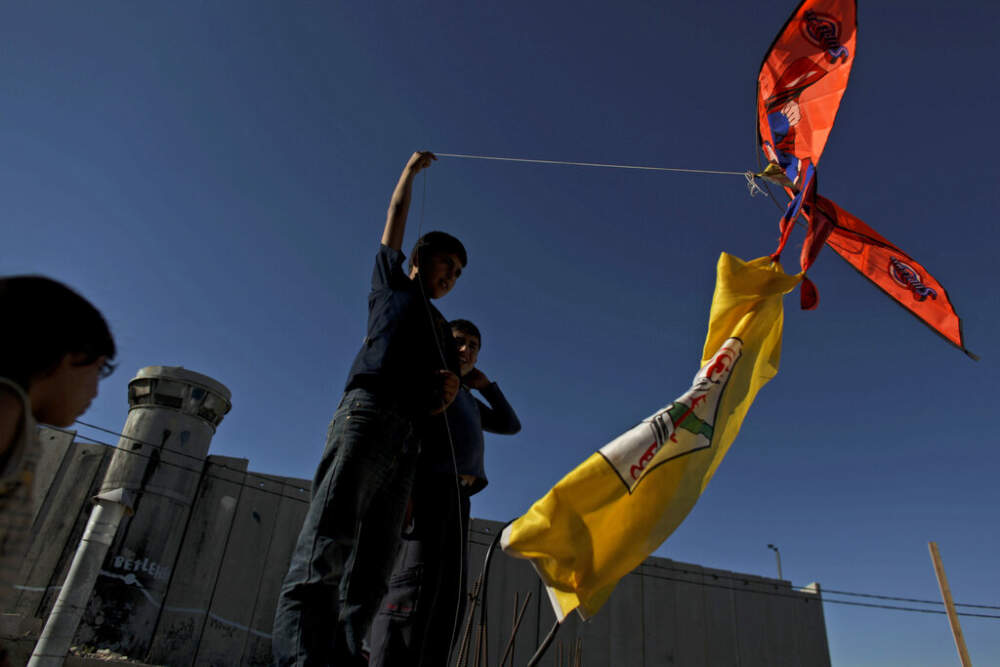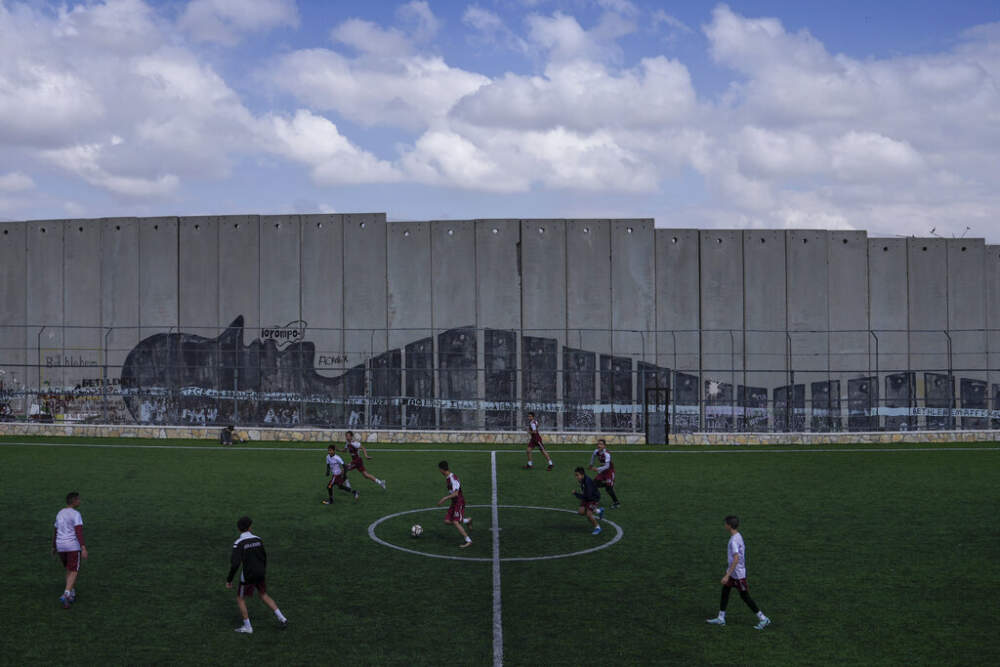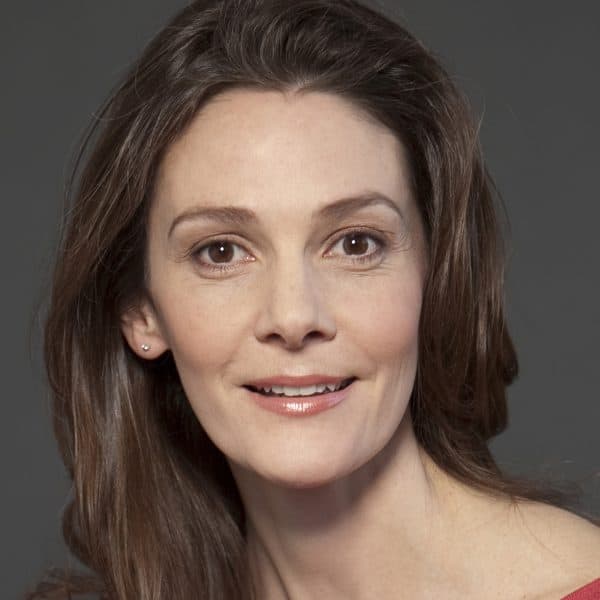Advertisement
Commentary
To support a 'beautiful resistance' I faced questions about my own responsibility

I’m almost thankful the transaction didn’t go through. If PayPal had processed my donation to the charitable nonprofit the way they have every other payment I’ve ever made through their platform, I wouldn’t have learned about their ethically abhorrent practices. Not the nonprofit’s — PayPal’s.
Let me back up. For the past year or so, I’ve been attending weekly Zoom calls about Israel and Palestine, hosted by the journalist Peter Beinart. Although I grew up among social justice activists, my involvement in this particular area is more recent, spurred on by a daughter who works on these issues, family members who live in Israel (and the productively uncomfortable conversations that come with those relationships), and a mid-life journey into my own Jewish identity.
Two weeks ago, Beinart’s guest was Dr. Abdelfattah Abusrour, the founder of Alrowwad, a cultural center in the Aida refugee camp in Bethlehem, Palestine. Having been born and raised in the camp himself and knowing first-hand the ugliness of Israeli occupation, he developed the notion of “beautiful resistance:” using the arts as a way for children to channel trauma into positive social change.
Dr. Abusrour spoke movingly about Alrowwad’s offerings: free classes in theater, film, animation, puppetry, embroidery, photography, painting; an afterschool, a women’s center, a choir, a dance troupe, a folktale festival. They’ve welcomed artists from abroad and toured theater productions throughout Europe and the United States. But the most humbling moment came when Beinart asked him to describe something that captured what it meant for the young actors to travel beyond the camp, beyond the occupation, into the wider world. I expected the answer to focus on theater, maybe something about the impact of performing before international audiences.
The sea, said Dr. Abusrour. Witnessing the young adults’ first glimpse of the sea. Water, he said. Witnessing their awe at the abundance of rivers, streams, even tap water. Even, he added quietly, the taste.
Because Israel imposes restrictions on Palestinians’ travel, many of them have never seen the nearby sea. Because Israel controls the water supply — using it as a tool of oppression — even the free flow of drinking water struck with the force of revelation.

As soon as the virtual talk ended, I found the website for Friends of Alrowwad USA, a 501(c)3 organization through which I made a donation. In the message field, I thanked the founder by name. A minute later I was notified my payment had not gone through. Two days later, a second email informed me PayPal had placed a “limitation” on my account. They had “noticed an issue concerning a recent transaction” about which their compliance department had “a couple questions.” Specifically, they wanted “the date of birth for Abdelfattah.”
For a week I emailed daily, asking the basis for their withholding funds. The company only repeated its insistence that I provide Abusrour’s birthdate. A red warning banner now appeared when I logged in to Pay Pal: “To ensure no impact to your account, you'll need to submit the info we've requested.”
Indignation fueled research, and before long I discovered that PayPal has a history of anti-Palestinian racism, practicing a form of economic apartheid that bans Palestinians in the West Bank and Gaza from using its platform while allowing Israeli settlers in the occupied territories to use it.
How had I been unaware of this?
Since 2021, with the publication of the Israeli human rights organization B’Tselem’s report, followed by reports from nongovernmental organizations Human Rights Watch and Amnesty International, more and more reasonable people have come to understand what Palestinians have been saying for decades: Israel’s government is committing the crime against humanity known in international law as apartheid.
Today I am asking: What shall I do with my freedom? How shall I take responsibility?
The U.S. provides Israel $3.8 billion annually in unconditional military aid. Knowing my own government is underwriting crimes against humanity in my name, I feel a special obligation to fight. But of course, everyone — not only Jews — should care. Among those working to call PayPal to account are Rep. Mark Pocan (D-Wis.), who circulated a letter in Congress last May calling on PayPal to end its ban on Palestinians in the occupied territories using its platform. Social responsibility investor John Harrington presented a resolution to PayPal shareholders that same month. And The Arab Center for the Advancement of Social Media has organized a petition and letter-writing campaign.
As for me, eventually I reached a PayPal representative on the phone. “Can you understand,” I asked, “how from my perspective your request appears racist? If I made a donation to the Red Cross and in the message field thanked ‘John’ for his inspiring talk, would PayPal refuse to process the donation unless I supplied ‘John’s’ date of birth?” The representative assured me this was “standard policy,” but offered to “elevate the issue” and communicate my concerns to the “the back office.”
An hour later the payment went through — summarily and without explanation. I couldn’t help but envision a soldier waving one person through a checkpoint, while forcing others back.
“In a free society,” wrote Rabbi Abraham Joshua Heschel, “some are guilty, but all are responsible.” Today is Yom Kippur: a time to atone for harms and commit to repair. Until two weeks ago I didn’t realize I’d been giving my business to a company that perpetrates harm. That doesn’t make me guilty. But now I know, and that makes me responsible. Today I am asking: What shall I do with my freedom? How shall I take responsibility?
